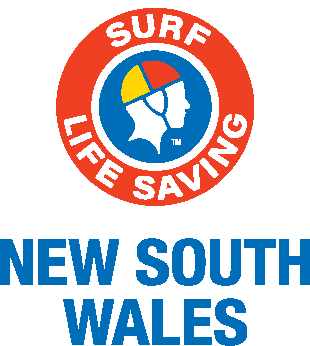The first patrol of the new season begins in earnest this Saturday, 18 September, as thousands of volunteer lifesavers from up and down the NSW coastline return to the beach.
Ahead of a summer where high coastal visitation is expected following large-scale lockdowns, state border closures and international travel restrictions, Surf Life Saving NSW President, George Shales OAM says volunteers are well prepared to provide a safe environment for beachgoers.
“NSW is blessed to have beautiful beaches, with many of them patrolled by Surf Life Saving NSW volunteers and our 129 clubs,” he said.
“We have invested significantly over time in member education and training to upskill our members and ensure our beaches are as safe as they can be, but we are also imploring the public to know their limits and to avoid placing themselves or their families in harm’s way unnecessarily,” said George Shales.
The NSW and National Coastal Safety Reports released last week detail an alarming increase in drownings in Australia, including some findings around a spike in incidents and drownings that have occurred following the relaxation of Covid-19 restrictions.
“Our real fear is that the risk of coastal drownings will increase coming into summer, as restrictions ease and people flock to the coast for recreation or holidays.”
Like last year, there will be some significant challenges for lifesavers this season, with volunteers in metropolitan and many parts of regional NSW beginning the season under Covid-19 restrictions.
Across the state, surf clubs are prepared and safety measures are in place to protect volunteers, including a large scale rollout of Personal Protective Equipment (PPE) in the form of face masks, gloves, eye protection and sanitiser. Modified training, first aid and CPR procedures are also in place and it has been recommended to clubs to reduce the number of lifesavers on patrol for the time being, to keep members as safe as possible.
“The safety of our members is paramount, however we are concerned that if lifesavers are not present on our beaches, lives will be lost,” said George Shales. “While it’s not an ideal start to the season in many ways, we are confident the measures we have in place will enable lifesavers to continue to provide frontline beach safety services safely.”
While volunteer lifesavers will not be tasked with enforcing social distancing, Surf Life Saving NSW will be assisting authorities and coastal councils to provide real-time information on overall beach attendance and help coordinate beach closures if required. UAVs will also be available to be used to estimate numbers of people on beaches and identify other hazards to the public if requested.
The role of volunteer surf lifesavers this summer includes:
- Identify the safest part of the beach to position the red and yellow flags
- Patrol the flagged area and monitor the beach conditions
- Conduct preventative actions and rescue people in distress
- Provide modified first aid and assistance to people in trouble on the beach and in the water
- Work with other emergency services to assist with incident response away from patrolled locations or outside patrol hours
- Provide information to beachgoers about surf conditions, beach safety and beach alert or closure information due to Covid restrictions (via Beachsafe.org.au or the Beachsafe App)
- Proactive communication to remind people about social distancing requirements as outlined by the relevant Public Health Order (PHO)
The volunteer Surf Patrol season runs until Anzac Day 2022.
Friday 17 September 2021


